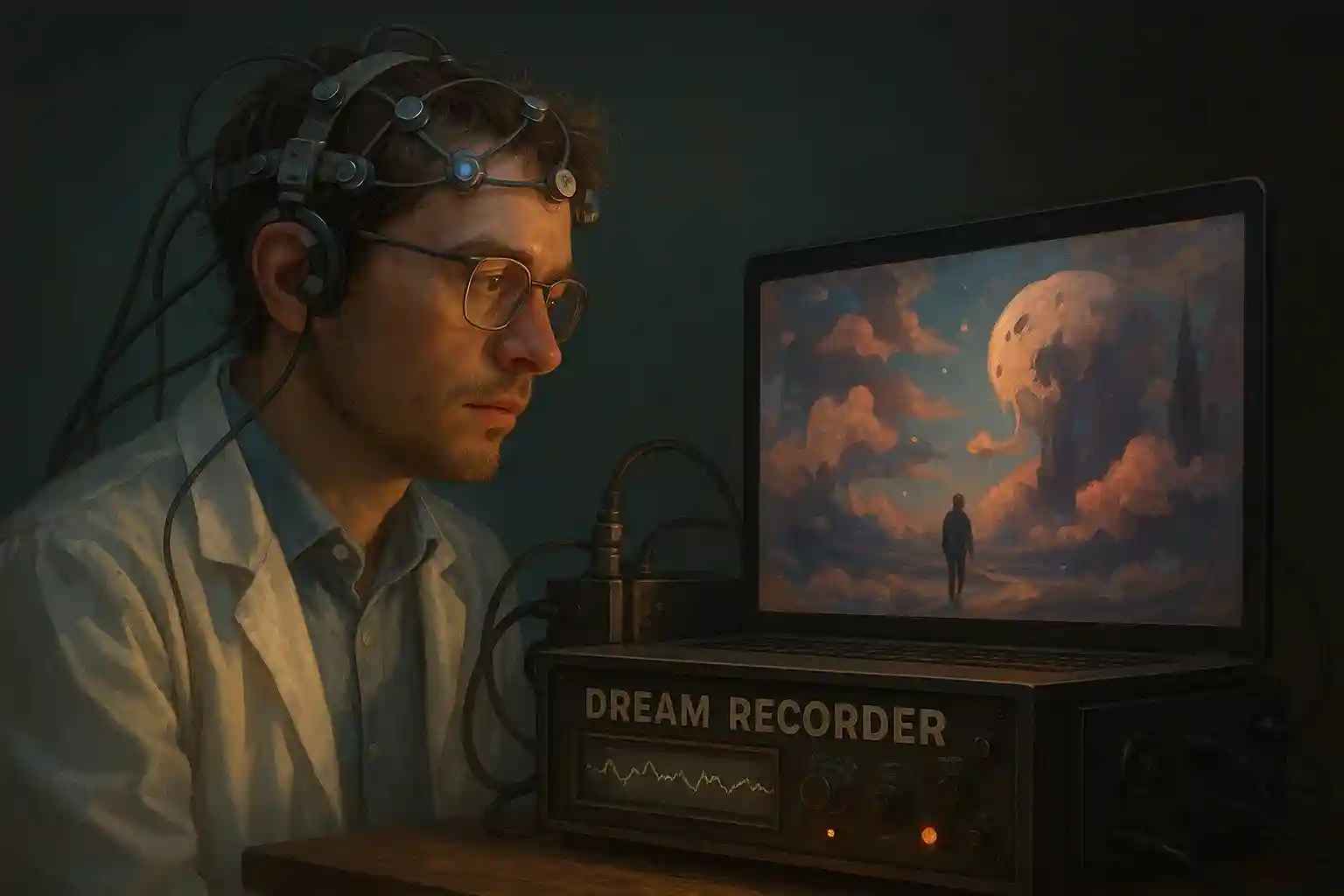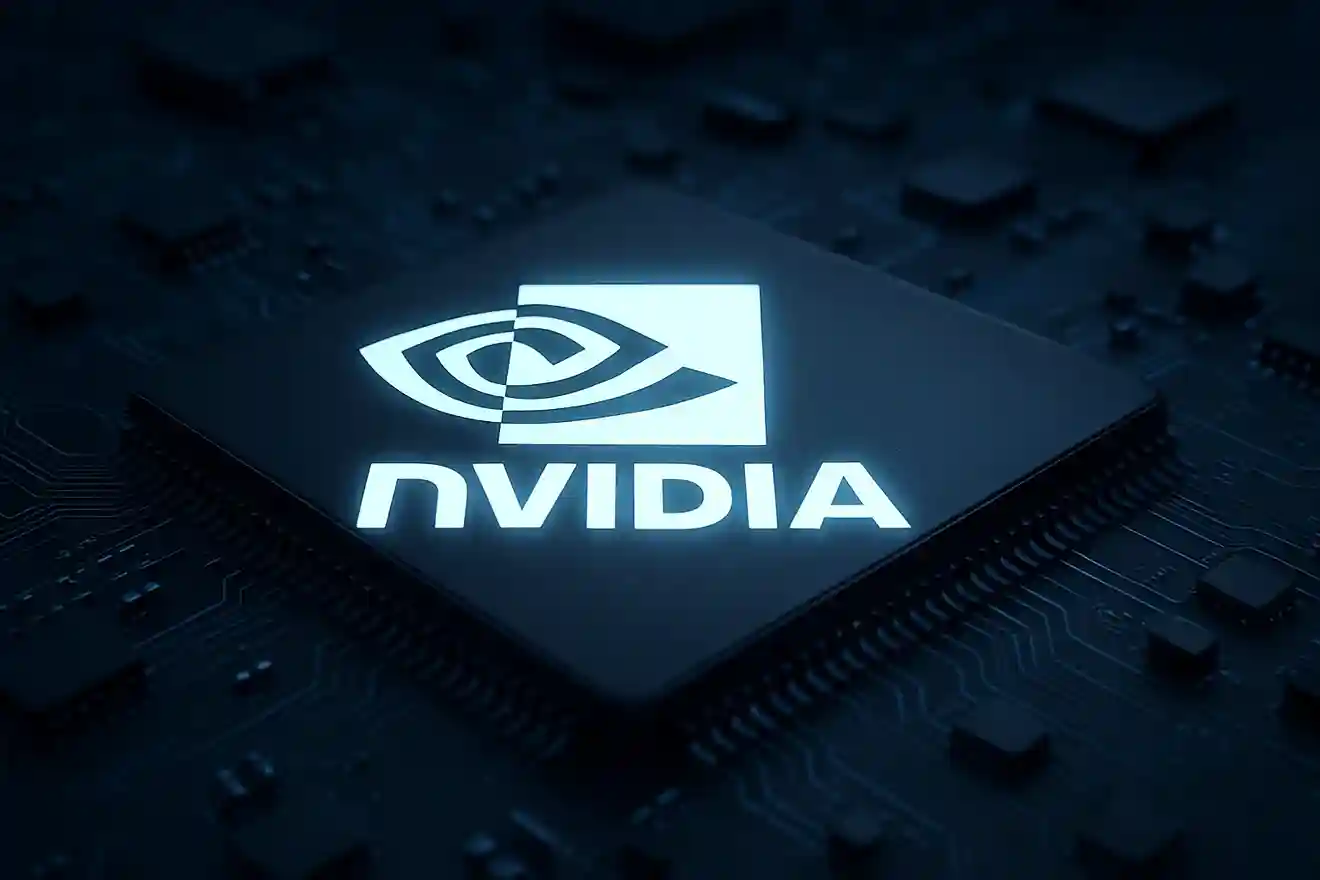Startup Develops 'Dream Recorder' That Turns Brainwaves into Surreal Videos

New 'Dream Recorder' Tech Turns Your Brainwaves into Surreal Videos, Startup Claims
LONDON, UK – The long-held dream of science fiction—capturing and re-watching our dreams—is now a step closer to reality. A London-based tech startup, Modem.Works, has unveiled an open-source "dream recorder" that uses advanced brain-scanning technology and artificial intelligence to visually recreate what our subconscious sees during sleep.
The groundbreaking system works by combining two powerful technologies. A wearable headset uses EEG (electroencephalogram) sensors to track the electrical patterns of the brain and identify the REM (Rapid Eye Movement) sleep stage, where most vivid dreaming occurs. Simultaneously, a compact, non-invasive fMRI (functional magnetic resonance imaging) unit maps blood flow to different brain regions, identifying which parts of the visual cortex are active.
These two data streams are then fed into sophisticated AI models. The AI decodes these complex neurological signals and translates them into short, surreal video clips. As the company describes it, the process is simple in concept, yet revolutionary in practice: your brainwaves become the script, and the AI is the director.
The resulting videos are not crystal-clear replays but rather abstract, dream-like reconstructions—fragmented, symbolic, and often bizarre, mirroring the nature of dreams themselves.
"Our goal isn't to create a perfect movie of a dream, but to open a window into the subconscious mind," said Dr. Aris Thorne, the neuroscientist leading the project at Modem.Works. "This technology could be a powerful tool for creativity, self-understanding, and even for therapeutic applications in understanding trauma and anxiety."
The company has made the core software open-source, inviting researchers and developers worldwide to contribute and help build ethical guidelines around the technology. The announcement has sparked a frenzy of excitement and debate online, raising profound questions about privacy and the psychological impact of confronting one's unfiltered subconscious.
The technology that was once confined to sci-fi thrillers is now here. It leaves us with a tantalizing question: Would you watch the dreams you forgot?


